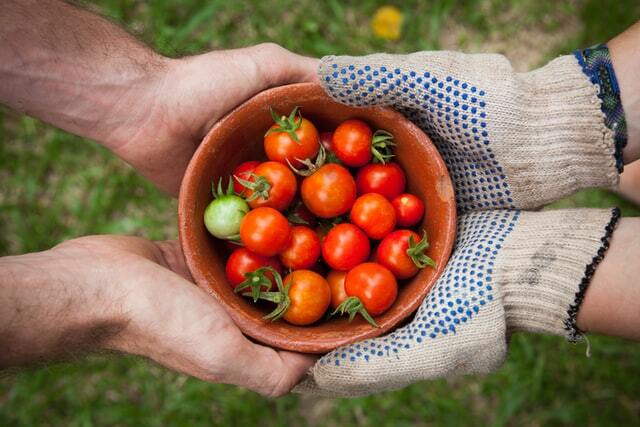
“We are to offer hospitality to one another without grumbling.” (1 Peter 4:9)
What is hospitality? The English word “hospitality” comes from the Greek word philoxenos which is derived from two root words xenia meaning foreigner or stranger and the word philo means love. So, hospitality literally can be translated as love for strangers.
Remembering Hospitality:
Ruth chapter 2 unfolds with the introduction of the character named Boaz. Boaz was a Jew. He is also described as a prominent rich man; a man of strength, power, ability and wealth. The author reminds the readers of the origin of Ruth by addressing her as ‘Ruth, the Moabite’, a designation which the author cites five times in the book. (1:22; 2:2, 21; 4:5, 10). Though Ruth takes the initiative to go and glean, she was still being very much aware of her status. This suggests that she had to find someone in whose eyes she may find favor which is also to be understood as someone who is kind to her.
In ancient Israel, the field was a common place where all the community members would grow their crops, and certain areas of that common field were owned by different owners. Ruth comes to the part of the field which belonged to Boaz. Boaz notices Ruth standing and then asks the question, ‘whom does she belong to?’ In ancient Israelite society, the community to which one belonged to i.e. family, clan, tribe, nation, village, was central to one’s identity and status.
To be a resident from a different community was to be an alien/ a stranger, without rights and status. In particular, a woman had no independent status and identity in Israel’s patriarchal world. She belonged to and lived under the authority of her father when unmarried and her husband when married.
Hence, Boaz’ questioned – whom does she belong to. Then we are able to witness an act so remarkable. Boaz here shows kindness and compassion towards Ruth, an action so marvelous, so imitable. Boaz re – members Ruth as a member of his family, clan and nation.
Reconsidering Hospitality:
Ruth on the other hand was a stranger, a woman and a widow. But, the first words to her by Boaz are not only kind but generous beyond anything she could have expected from a man unknown to her. He understood Ruth and showed her compassion.
Not only is she permitted to glean in his field but also to remain in his field, and to stay close to his women workers and follow behind them. He grants her the right to glean right beside the women. He also orders his men not to interfere with her and allows her to drink water when she is thirsty.
In the sight of Boaz, Ruth was not a foreign widow, not a stranger in his land but a gentile who had come to take refuge under the wings of Yahweh. Boaz here, is seen to be showing a kind of love, a kind of compassionate love, an element of freedom from legal responsibility, of gracious and loving kindness that goes beyond the call of duty.
Recovering Hospitality:
Hospitality is sacrifice – going out of our comfort for other’s needs and living out the gospel. Boaz ensures the wellbeing and flourishing of Ruth. Such is the kind of compassion Boaz is seen showering on Ruth. We see the welcoming spirit in Boaz, helping her not for an advantage but a generous welcome. Boaz was a man from the land of Judah, while Ruth, a widow from the land of Moab. But Boaz initiated and made the effort to understand and know ‘Ruth, the Moabite’ better.
So, who is the Ruth in our lives today? Who is the Moabite? Who are the strangers? Strangers could range from friends, migrants from around the country, sick people, disabled people, people at work, the next door neighbor, a junior or senior, refugees from another country, a tourist from another country, the poor, vulnerable or the person sitting in front and next to you today.
Ephesians 5 reminds us to be imitators of God and to live in love. We need to be compassionate because our God is compassionate. Boaz was compassionate, kind and hospitable towards Ruth, the Moabite.
Hospitality breaks all barriers of caste, gender, ethnicity and credentials and helps build a welcoming community together. Hospitality enables recognition, wellbeing, sharing of resources and flourishing of all in the community instead of hoarding. As followers of Christ, we need to begin to actually notice the stranger in our midst and to see Christ in all.
Photo by Elaine Casap on Unsplash